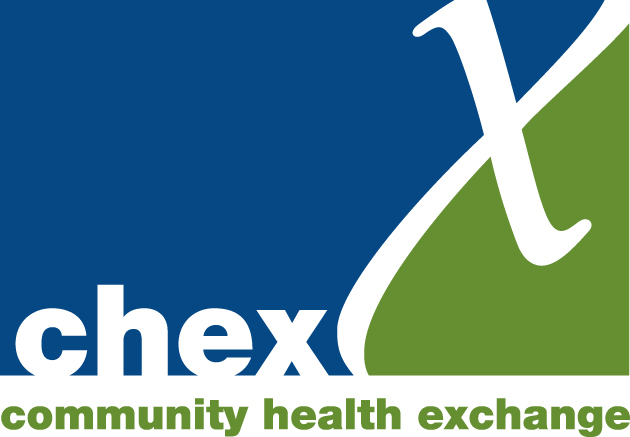Calling all community health organisations: how valued do you feel?
/In this blog, Niall McShannon from Clydesdale Community Initiatives talks about a survey seeking to understand the relationship between community organisations and their public sector partners.
It’s time for an open conversation about the value of community health organisations and how we as a sector respond to the changing demands on us. We need you to complete this short survey about your relationship with public health partners and how this has changed, so we can find a better way forward for our communities.
The link between emotional well-being and mental and physical health is well studied and understood. This is at the core of a lot of community health practice, focusing on how people feel about themselves, their lives and their futures with the aim of promoting healthier choices.
So how do we feel as community health organisations? Are we confident and happy that we are delivering health and well-being services to our individuals and communities? Do we feel valued by our partners within the public health system? Do we have an effective voice at the strategic tables where policies are formed and resources allocated? Are we able to respond to the challenges that we are being presented with?
Community health organisations tend to be small, local and very diverse, reflecting our communities’ disparate needs and interests. We are also inclined to be independently minded, not beholden to government policies or bureaucratic strictures, accountable to boards of local people and members who will let us know their thoughts as we try to do our shopping in Morrisons.
All of this can make us relatively invisible when the grand strategic plans for health are being discussed, and we obviously cannot compete with the power and status of clinical care. And yet we know that the public health sector is in crisis, with excessive demand, limited capacity and low morale. We also know that the Scottish Population Health Framework, that will guide health policies for the next ten years, places a huge emphasis on shifting care into the community.
So maybe now is a time to do what we do best – have an open and transparent conversation with each other and empower ourselves to promote the change that we want to happen. Let’s explore our relationship with our public health partners and see if there are shared experiences that we can begin to articulate. At the very least, we can begin to identify and support organisations that are feeling isolated and powerless. It is what we would want for the people and communities that we work with, so why not for our own organisations.
Complete the survey, and let’s start an empowering conversation.
Niall McShannon, Clydesdale Community Initiatives

